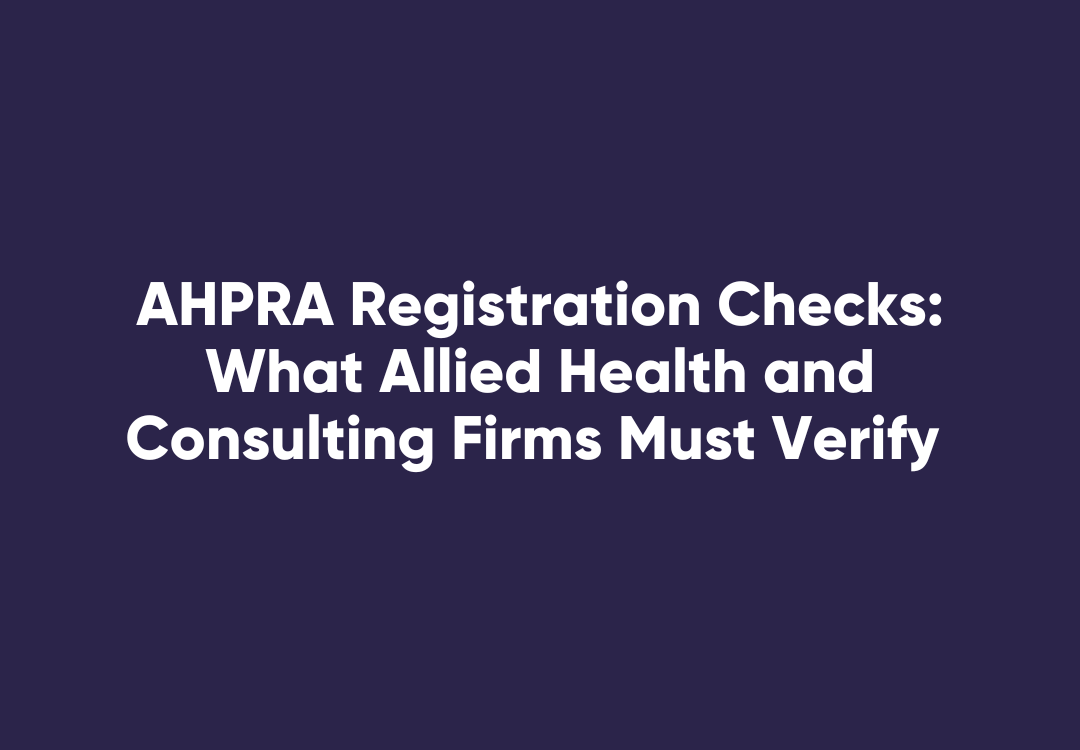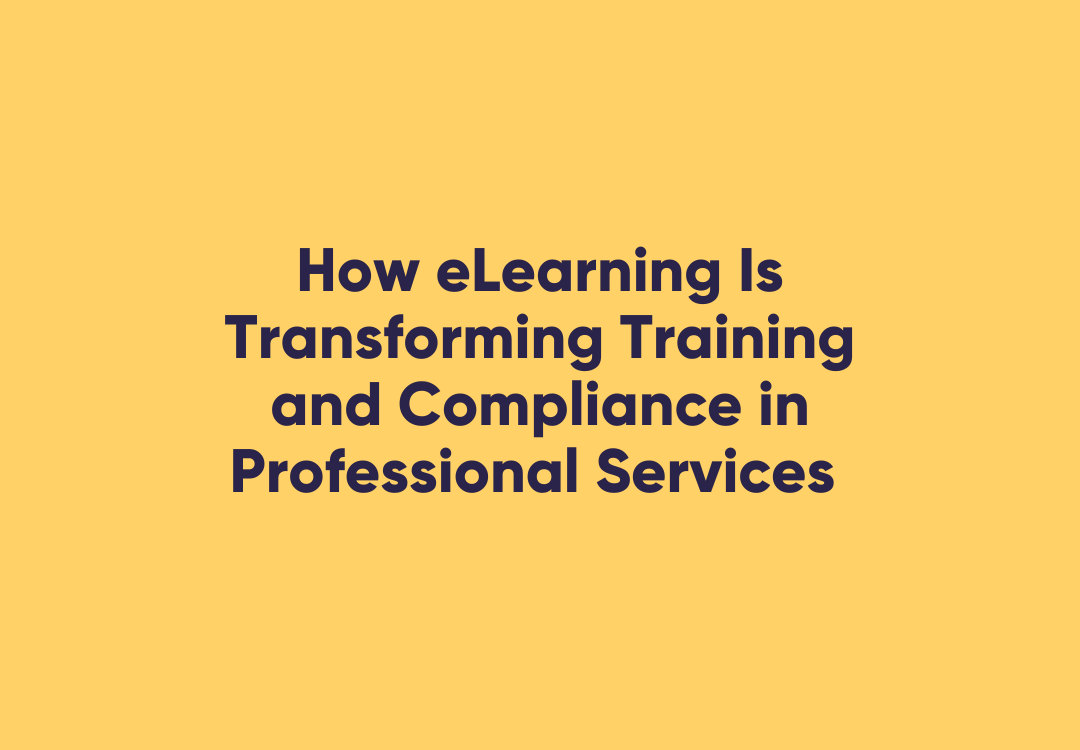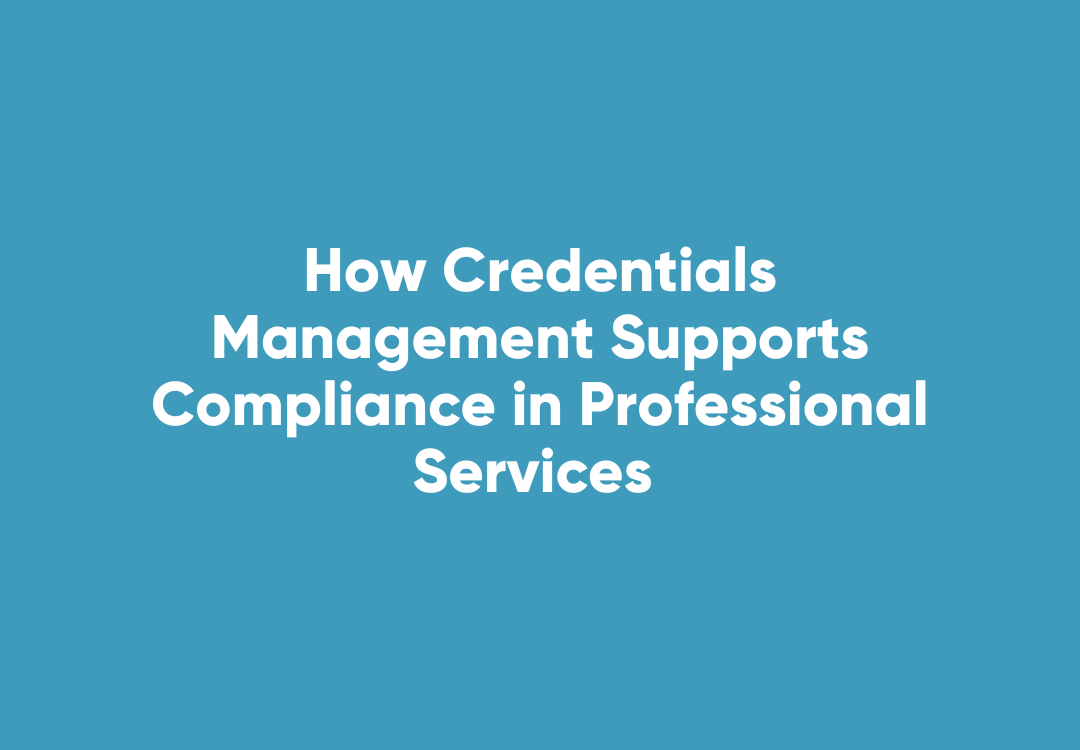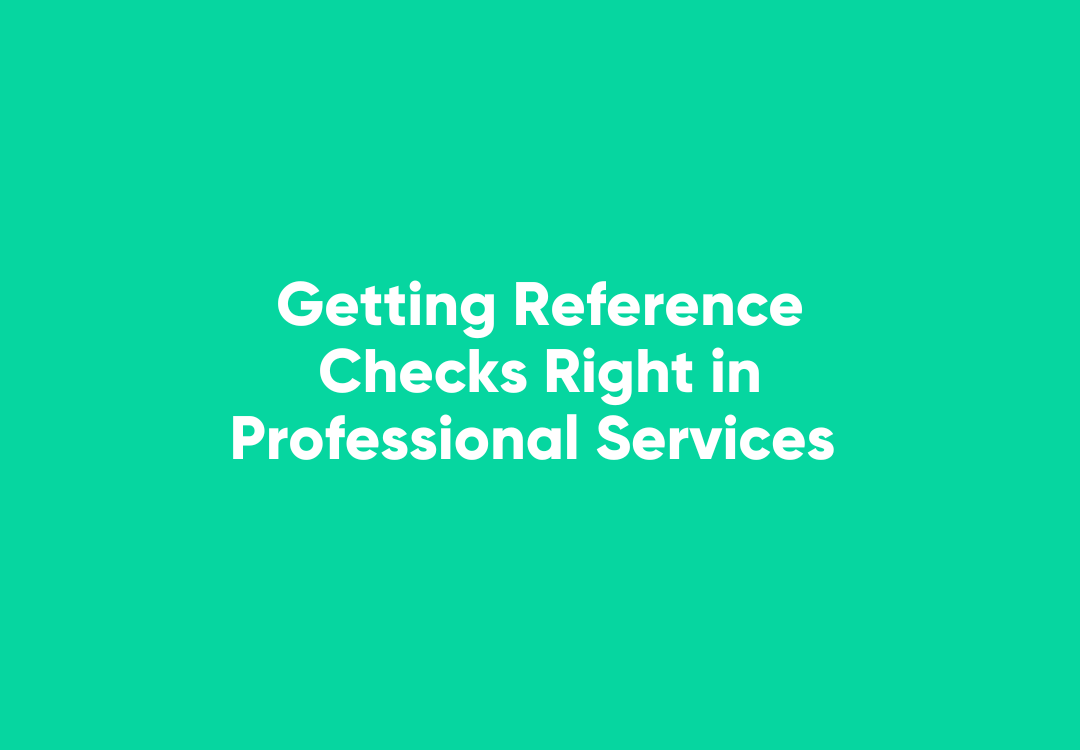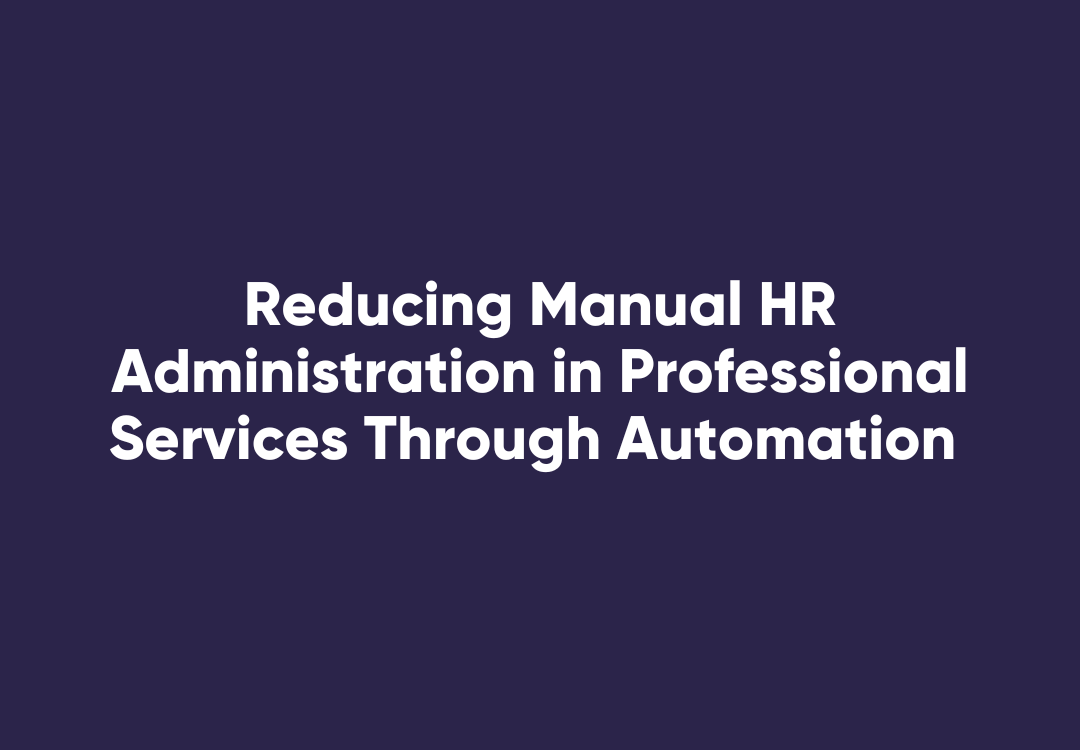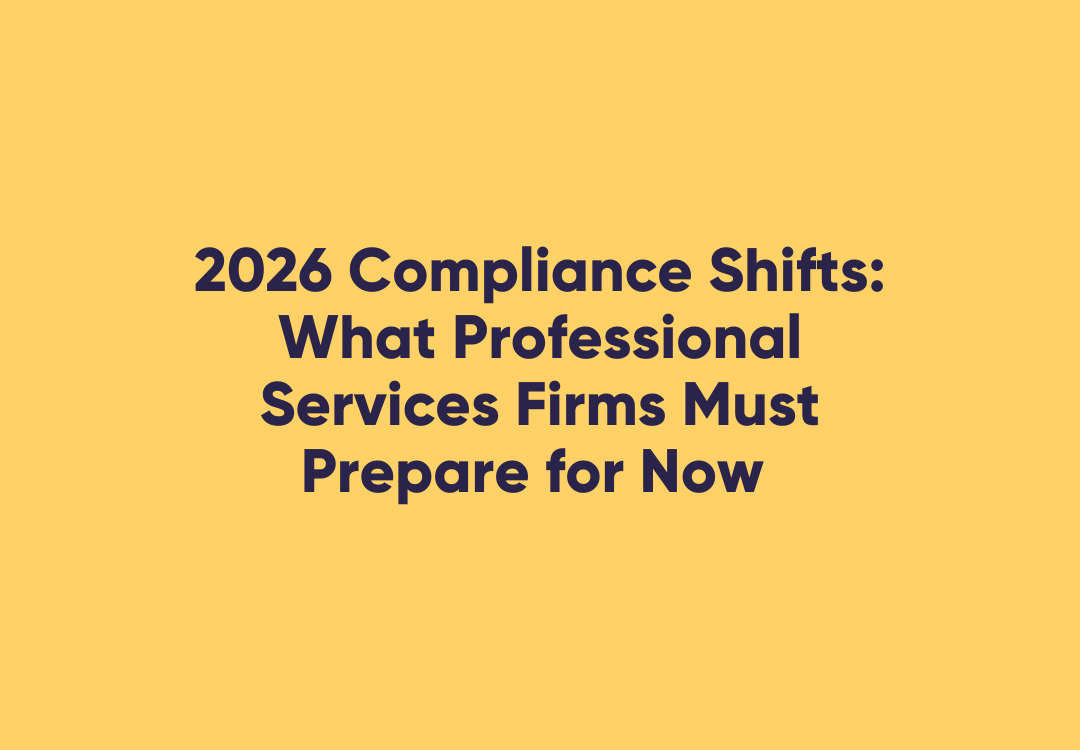FY25-26 and Fair Work in NSW, VIC, and QLD
FY25-26 and Fair Work in NSW, VIC, and QLD
As FY25-26 begins, employers across New South Wales (NSW), Victoria (VIC), and Queensland (QLD) must ensure compliance with both federal and state-specific employment regulations. While the Fair Work Act 2009 provides a national framework, each state may have additional requirements and considerations.
This blog outlines key employer obligations in these states, helping HR professionals navigate the complexities of regional compliance for FY25-26.
What is the Fair Work Information Statement?
The Fair Work Information Statement (FWIS) is a mandatory document that employers must provide to all new employees. It outlines essential information about:
- The National Employment Standards (NES)
- Modern awards
- Agreements under the Fair Work Act
- Individual flexibility arrangements
- Freedom of association and workplace rights
- Termination of employment
- The role of the Fair Work Ombudsman and the Fair Work Commission
Employers must ensure they provide the most current version of the FWIS to new employees, as failure to do so can result in penalties.
Regional Considerations for NSW, VIC, and QLD
New South Wales (NSW)
In NSW, employers must adhere to both federal Fair Work requirements and state-specific regulations, such as those outlined by SafeWork NSW. Key considerations include:
- Work Health and Safety (WHS): Compliance with the Work Health and Safety Act 2011 (NSW) and associated regulations.
- Long Service Leave: Adherence to the Long Service Leave Act 1955 (NSW), which outlines entitlements specific to NSW employees.
Victoria (VIC)
Victorian employers must comply with federal laws and additional state legislation, including:
- Occupational Health and Safety (OHS): Compliance with the Occupational Health and Safety Act 2004 (VIC).
- Long Service Leave: Adherence to the Long Service Leave Act 2018 (VIC), which provides specific entitlements for Victorian employees.
Queensland (QLD)
In QLD, employers are subject to federal laws and state-specific requirements, such as:
- Work Health and Safety (WHS): Compliance with the Work Health and Safety Act 2011 (QLD).
- Long Service Leave: Adherence to the Industrial Relations Act 2016 (QLD), which outlines long service leave entitlements.
Best Practices for Ensuring Compliance
- Stay Informed: Regularly review updates from both federal and state regulatory bodies to ensure compliance with the latest laws and regulations.
- Update Policies and Procedures: Ensure that company policies reflect current legal requirements, including those specific to each state.
- Train HR Personnel: Provide training to HR staff on both federal and state-specific obligations to ensure accurate implementation and compliance.
- Maintain Accurate Records: Keep detailed records of compliance efforts, including the provision of the FWIS and adherence to state-specific requirements.
Leveraging WorkPro for Compliance
WorkPro offers solutions to assist employers in meeting both federal and state-specific compliance requirements:
- Automated Distribution: Streamline the provision of the FWIS through our eLearning module, as well as other mandatory documents to new employees.
- eLearning Modules: Access training tailored to both federal and state-specific employment laws.
- Credentials Management: Monitor and manage compliance documentation across different jurisdictions.
By integrating WorkPro into your HR processes, you can ensure comprehensive compliance across NSW, VIC, and QLD.
Navigating the complexities of employment law across different Australian states requires diligence and proactive management. By understanding both federal and state-specific obligations, and leveraging tools like WorkPro, employers can ensure compliance and foster a fair and lawful workplace in FY26.
Explore how WorkPro can support your organisation in meeting regional compliance requirements and streamlining HR processes.





